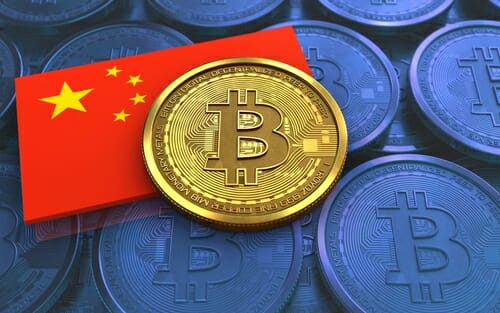The Suzhou City trial aims to double the participation of the previous trial. So far, China’s digital currency project is cannot receive a test without a free coin giveaway.
China’s second most popular e-commerce platform, JD.com, processed 20,000 digital yuan transactions. Thus, closed the first day of a new experiment to test the operation of the system known officially as Electronic Payment in Digital Currency (DCEP) that has been under development in the country for more than six years.
The pilot test was launched after the Suzhou city municipal government raffled off 100,000 virtual currency packages worth 200 digital yuan ($31) each. The funds spending needs to happen before December 27, according to media reports in that country.
Residents, which found benefits and advantages from the raffle, participated en masse in an e-commerce festival organized by JD.com. The FinTech subsidiary of the e-commerce platform, JD Digits, confirmed that transactions with the digital currency got faster.
On average, a customer could complete the payment with the digital yuan in about 0.5 seconds. The trial arose as a result of a partnership between JD Digits, the People’s Bank of China, and the local government of Suzhou.
In this way, the popular e-commerce platform becomes the first to test the digital yuan for online purchases, although the current test also includes the participation of physical stores.
The JD data revealed that the users who used the digital yuan platform during the first day of the retest were from the younger population, with more than 80% born after 1980.
The statistics also indicate that the use of the currency Digital was slightly biased towards men, who made 57.6% of purchases. The largest online payment amount exceeded 10,000 yuan ($ 1,526).
More proofs with free Digital Yuan
The 20 million yuan distributed in the city of Suzhou represents more than double the amount given away during the first large-scale public test of the beta version of its cryptocurrency, which took place in Shenzhen in October.
For that opportunity, the Shenzhen municipal government gave away 8.8 million digital yuan that users can spend at participating in physical stores in the city.
Although the Chinese government has been expressing satisfaction with the participation of citizens during the tests, it remains a mystery what the scope of the digital yuan would be if its delivery is not for free to Chinese residents.
Cao Yin, managing director of the Shanghai-based Digital Renewal Center, believes that, despite extensive testing, the speed, progress, and upgrade of the DCEP integration will be cautious.
“In 2021, China will continue to look for additional and better scenarios to test the digital yuan, but a large-scale launch is not in the plans by now,” he said. In his opinion, the official launch of the digital currency in the country will happen around 2023.
China has been working on the development of its digital currency that will run on its Blockchain Services Network (BSN), which makes it a cryptocurrency similar to bitcoin.
China’s goal is not to challenge the dollar or euro with its new currency, the digital yuan, according to economist Zhou Xiaochuan, who served as governor of the People’s Bank of China (PBOC). The focus is more about having greater dominance and expertise over the electronic payments market in their own country.
By: Jenson Nuñez.











